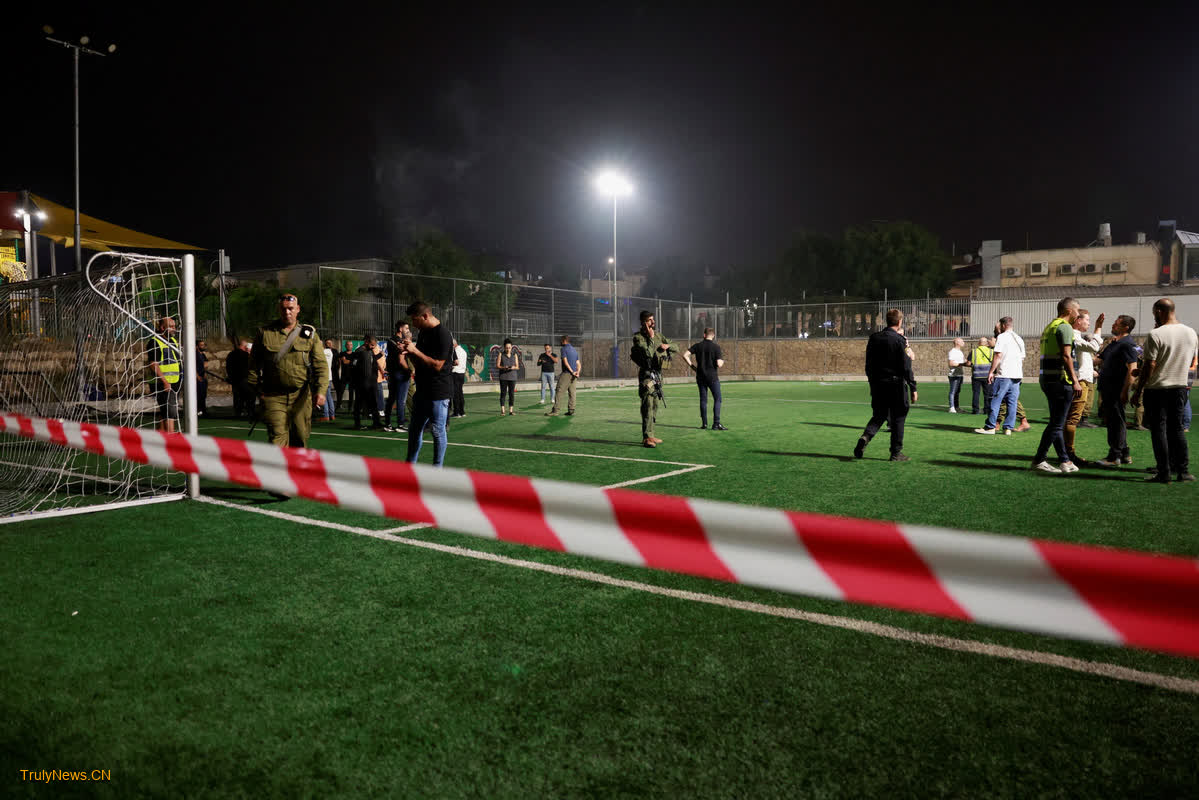
After what was claimed to be a Hezbollah rocket strike on the occupied Golan Heights on Saturday, which left 12 children dead, Israel retaliated on Sunday with strikes on some Hezbollah targets deep in Lebanon.
While it was claimed to be a stern warning to the Iran-backed militia that enough is enough, the world has every reason to worry that an all-out war between the two regional rivals would become imminent if Hezbollah opts for a tit-for-tat answer to Israel’s strikes.
That’s why the United Nations and many regional stakeholders, including the United States and the European Union, immediately urged Israel and Hezbollah, which denies being behind the Saturday attack, to exercise due restraint and deescalate tensions.
Although the conflict between them has markedly intensified since Oct 8-Hezbollah tries to use that to pressure Israel to cease fire in Gaza — neither side is intent on a major confrontation. The war between them in 2006 caused heavy losses on both sides.
With the Israeli government caught in a self-made dilemma at home and abroad because of its relentless military actions in Gaza, opening a second front with a much stronger opponent would only make the situation for Tel Aviv even worse.
While urging Hezbollah to implement the United Nations Resolution 1701, approved to end the 2006 war, which includes the withdrawal of armed groups from southern Lebanon, between the Litani river and the Blue Line, the unofficial frontier with Israel, Tel Aviv should also implement the series of UN resolutions on Gaza, particularly the US-proposed three-phase cease-fire UN Security Council resolution that Washington said it endorses, to put an overdue end to the Gaza conflict and withdraw from the Palestinian enclave, which the binding UNSC resolution demands.
If Israel, as it said, really prefers a diplomatic settlement that will strengthen its security, it should stop its military actions in Gaza which have gone far beyond the purpose of self-defense and retaliation, and join the international community to resolve the Palestine question under the framework of two-state solution in good faith.